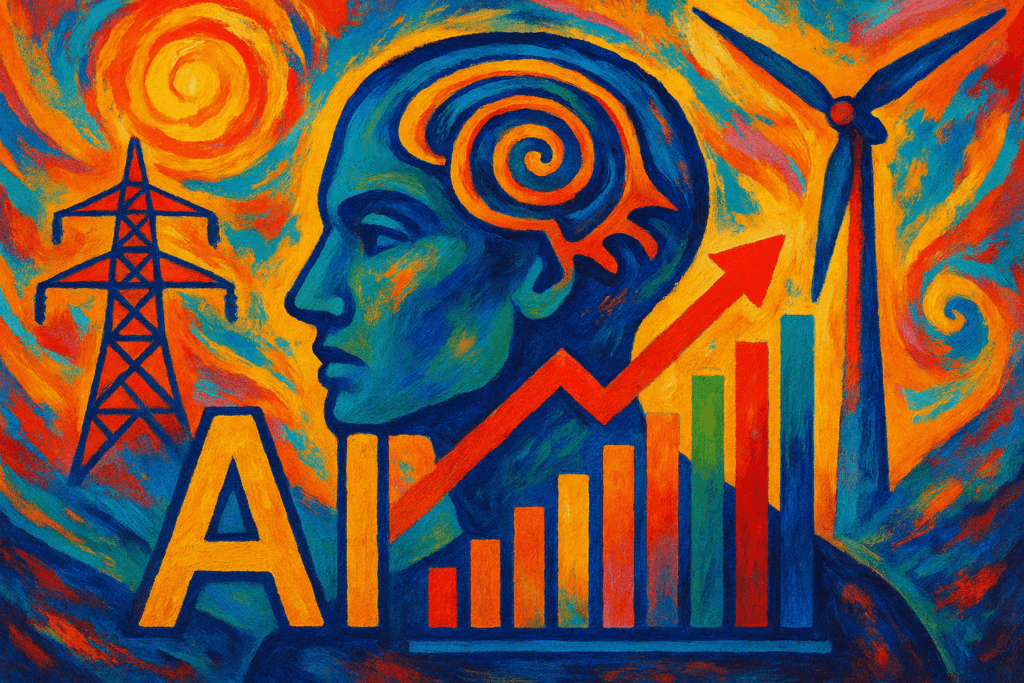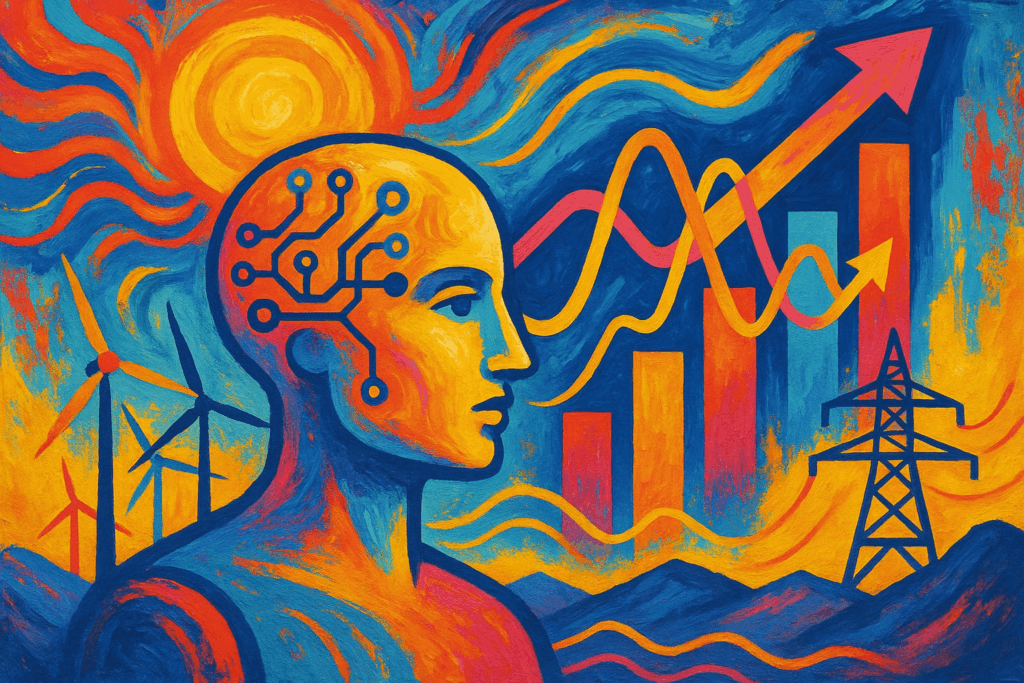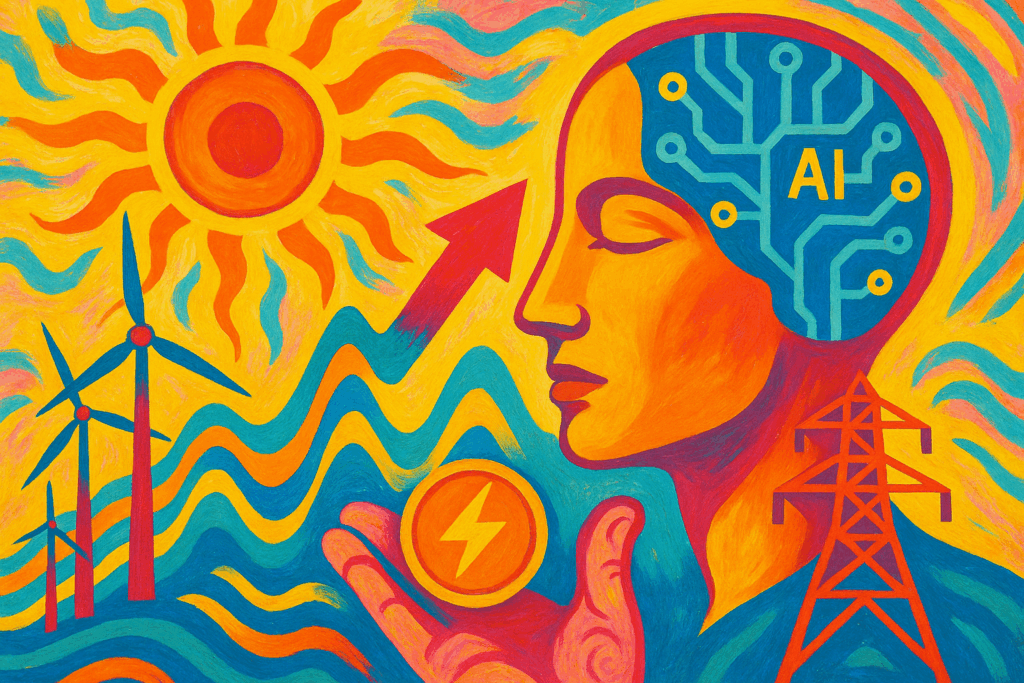AI’s Impact on Energy Trading Forecasts
Artificial intelligence is reshaping the landscape of energy trading by providing unprecedented predictive capabilities. In a sector marked by fluctuating demand and supply influenced by renewable integration and market volatility, AI offers advanced tools to forecast energy prices and consumption more accurately than traditional models.
Precision in a Volatile Market
Energy markets are increasingly unpredictable due to factors such as variable renewable energy output and shifting consumption patterns. AI leverages machine learning and deep learning techniques to analyze vast datasets, including weather conditions, grid status, and historical price trends. This enables improved precision in forecasting energy supply, demand, and price movements, which is vital for efficient market participation and system stability.
Key Advantages for Trading Decisions
For traders, the application of AI provides tangible benefits. It allows for optimized portfolio management by identifying profitable trading opportunities through rapid data analysis. AI also supports risk management by anticipating market fluctuations and enabling proactive adjustment of positions. These capabilities contribute to increased profitability while reducing exposure to adverse events.
The Road Ahead: Challenges and Opportunities
Despite notable advances, deploying AI in energy forecasting faces challenges such as ensuring data quality and managing model complexity. Continuous innovation is necessary to adapt AI systems to evolving market dynamics and regulatory frameworks. Moreover, integrating domain knowledge with AI algorithms remains essential to maintain reliability.
Powering Future Energy Markets
Looking forward, AI will play a pivotal role in transforming energy trading strategies and infrastructure. Enhanced predictive analytics will facilitate better grid management and renewable integration, supporting the transition to sustainable energy systems. Stakeholders adopting AI-driven approaches will be better positioned to navigate future market complexities and capitalize on emerging trends.




